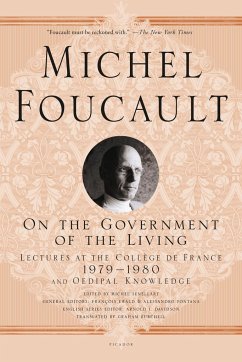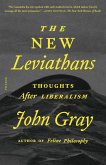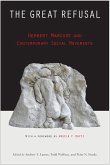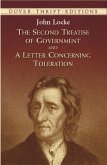In these lectures delivered in 1980, Michel Foucault gives an important new inflection to his history of "regimes of truth." Following on from the themes of knowledge-power and governmentality, he turns his attention here to the ethical domain of practices of techniques of the self. Why and how, he asks, does the exercise of power as government demand not only acts of obedience and submission, but "truth acts" in which individuals subject to relations of power are also required to be subjects in procedures of truth-telling? How and why are subjects required not just to tell the truth, but to tell the truth about themselves? These questions lead to a re-reading of Sophocles' Oedipus the King and, through an examination of the texts of Tertullian, Cassian, and others, to an analysis of the 'truth acts' in early Christian practices of baptism, penance, and spiritual direction in which believers are called upon to manifest the truth of themselves as subjects always danger of falling into sin. In the public expression of the subject's condition as a sinner, in the rituals of repentance and penance, and in the detailed verbalization of thoughts in the examination of conscience, we see the organization of a pastoral system focused upon confession.
Hinweis: Dieser Artikel kann nur an eine deutsche Lieferadresse ausgeliefert werden.
Hinweis: Dieser Artikel kann nur an eine deutsche Lieferadresse ausgeliefert werden.








